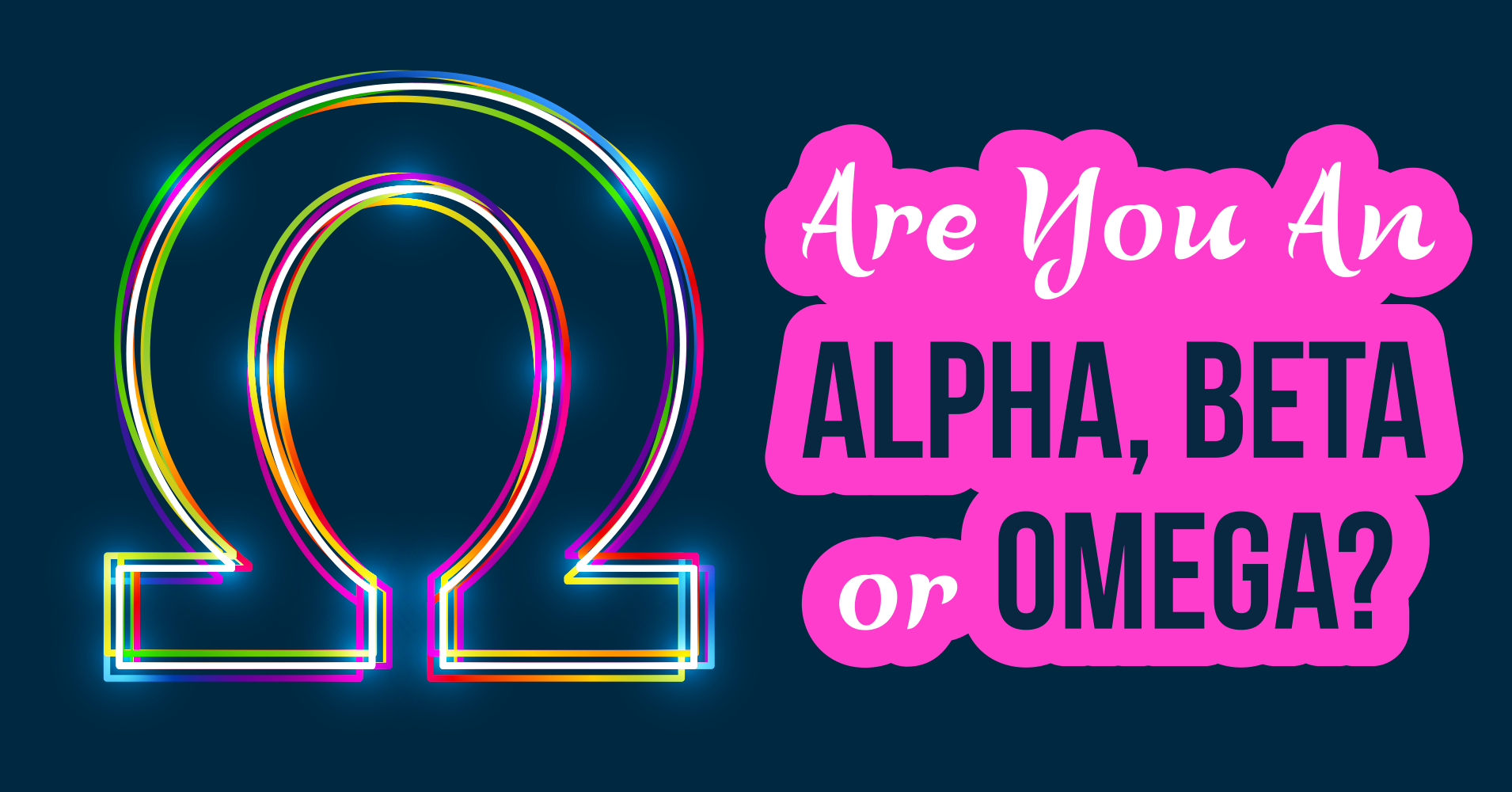
However, major variants such as the Delta variant may be moved up earlier in the list if they are reclassified by the WHO (as the Delta variant was).Īs of August 2021, the WHO lists eight notable variants of COVID-19 with the Lambda variant being the most recent. In general, the Greek letters are assigned chronologically to a COVID-19 variant in accordance with when the particular variant was discovered. While there are many variants of COVID-19, the WHO saves the Greek letters for variants that are especially contagious, virulent, or resistant to vaccines. For example, the name “Delta variant” is much easier to say and remember than its scientific name, “B.1.617.2.” The WHO also stated that the Greek letters would help avoid stigmatizing by not naming variants after the place where they were first detected (e.g., Indian variant). For one, the Greek letters are shorter and easier to remember than the scientific names assigned to different virus variants.

The WHO chose the labels for several different reasons.

The organization that decided to use Greek letters to refer to COVID variants was the World Health Organization (WHO). Delta? Lambda? Do these words mean anything? Why are we using them to refer to COVID-19? Delta and lambda are actually letters of the Greek alphabet, and there is a good reason that we are using them to refer to different COVID-19 variants.

And just as we were getting used to this new term, a Lambda variant appeared in the news. Lately, it seems everyone has been talking about the Delta variant of COVID-19.


 0 kommentar(er)
0 kommentar(er)
